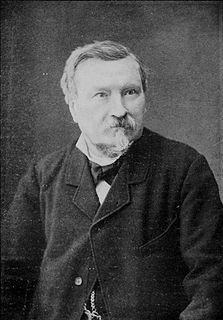A Quote by Joyce Carol Oates
'The Accursed' is very much a novel about social injustice as the consequence of the terrible, tragic division of classes - the exploitation not only of poor and immigrant workers but of their young children in factories and mills - and as the consequence of race hatred in the aftermath of the Civil War and the freeing of the slaves.
Related Quotes
The fact that you have a policy of such consequence directly affecting millions of people and you have a legal question of great consequence about the scope of the president's authority to act in implementing the immigration laws in this way and you have a one-line decision from the court affirming by an equally-divided court, it's an inevitable consequence of where we are.
There has to be a consequence to failure. Schools in the inner cities cannot be told, 'Oh, we want you to teach every child to learn how to read and, incidentally, if you fail to do that there's no consequence,' .. There has to be a consequence to failure, and the Title I money needs to follow the child.
... and we are not alone in this slavery. there are millions of others throughout the world, of all colors and races and creeds. this we must remember. there are many of our people who hate the poor of the white race, and they hate us. the people in this town living by the river who work in the mills. people who are almost as much in need as we are ourselves. this hatred is a great evil, and no good can ever come from it... the injustice of need must bring us all together and not separate us. we must remember that we all make the things of this earth of value because of labor.
Ought to have a universal compulsory force to move and arrange each part in the manner best suited to the whole. Just as nature gives each man an absolute power over all his members, the social compact gives the body politic an absolute power over all its members." "We grant that each person alienates, by the social compact, only that portion of his power, his goods, and liberty whose use is of consequence to the community; but we must also grant that only the sovereign is the judge of what is of consequence.
The industrial and social injustice of our era is the tragic aftermath of democracy's overemphasis on freedom as the "right to do whatever you please." No, freedom means the right to do what you ought, and ought implies law, and law implies justice, and justice implies God. So too in war, a nation that fights for freedom divorced from justice has no right to war, because it does not know why it wants to be free, or why it wants anyone else to be free.





































